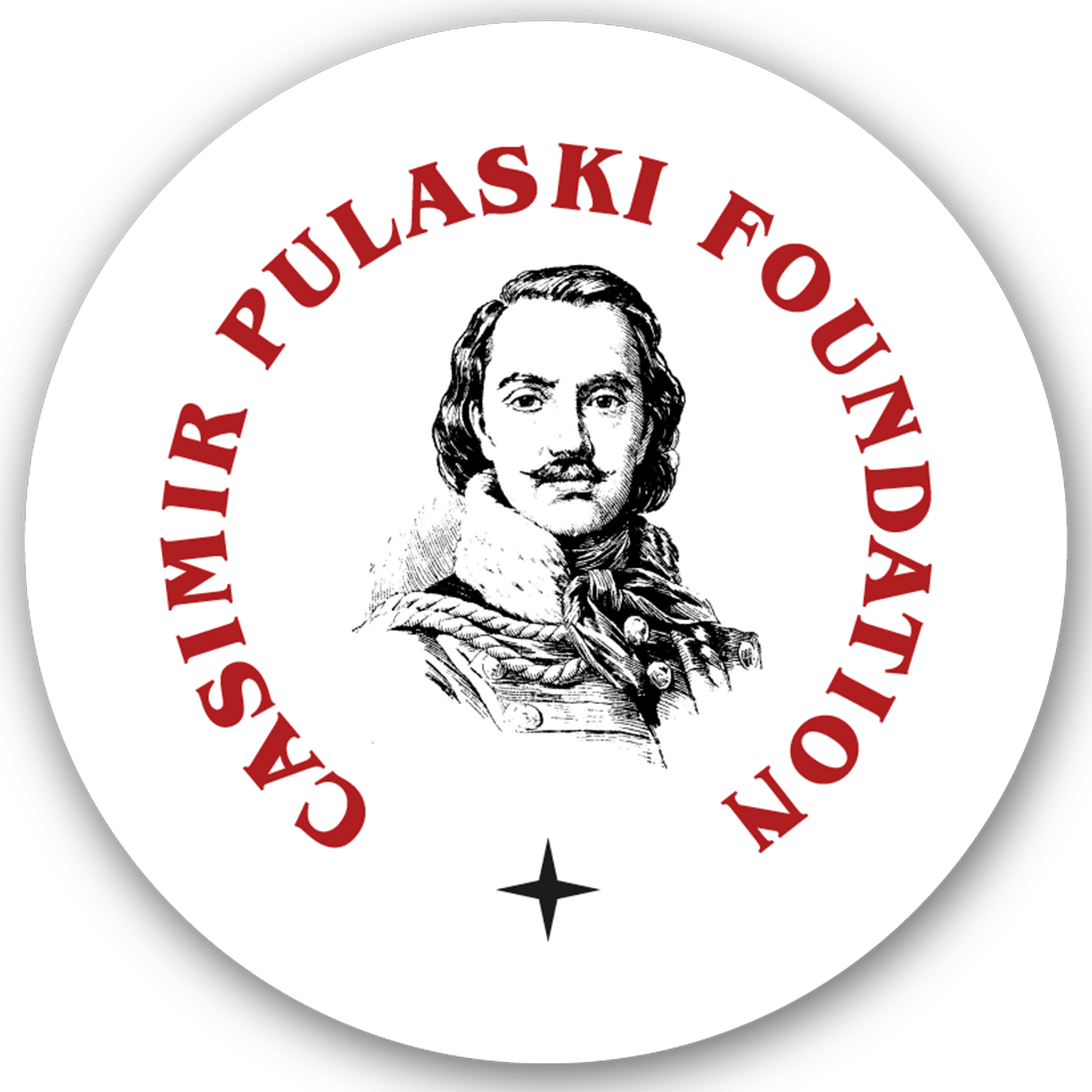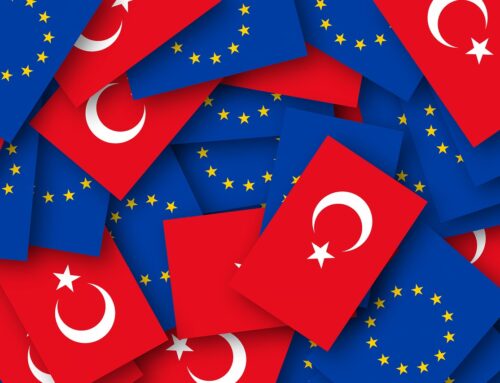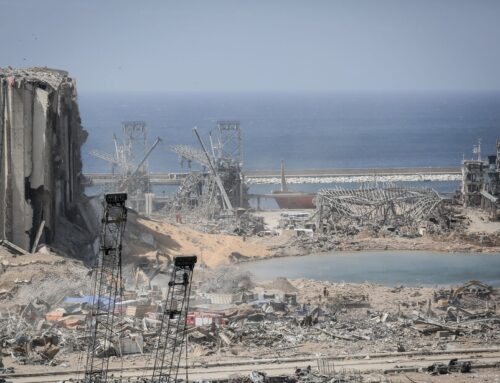PULASKI POLICY PAPER Foreign Volunteers Returning From Ukraine What_s Next Introduction (Kacper Rękawek)
Autor foto: Domena publiczna
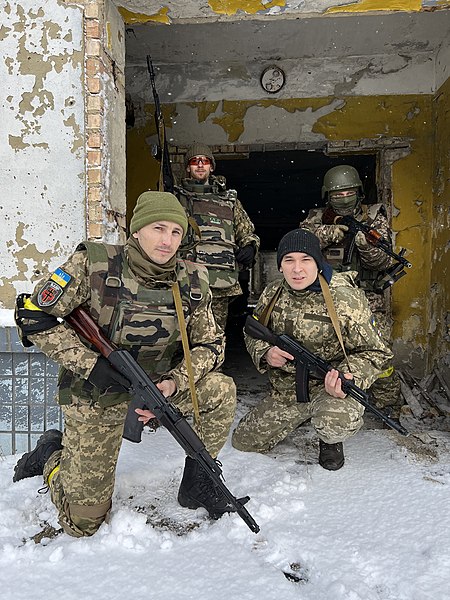
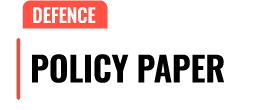

PULASKI POLICY PAPER Foreign Volunteers Returning From Ukraine What_s Next Introduction (Kacper Rękawek)
Autor foto: Domena publiczna
Foreign Volunteers Returning From Ukraine: What’s Next
Autor: Kacper Rekawek
Opublikowano: 1 lutego, 2023
Pulaski Policy Paper no 2, February 01, 2023
Introduction
In March 2022 the Ukrainian government estimated that up to 20 000 individuals applied to join that country’s “International Legion.”[1] Although this number was later seen to have been wildly exaggerated, potentially around a tenth of the volunteers either enlisted in the Legion or fought with other Ukrainian units in the Russo-Ukrainian war after 24 February 2022. The presence of these foreign volunteers on the frontlines (and not foreign fighters as these individuals are fighting for governmental and not rebel forces) and their returns home pose a challenge to the governments of their countries of origin.
(Lack Of) Policy On Returning Foreign Volunteers: Four Models
Western countries’ perception of foreign volunteering or fighting has been shaped by their response to the travels and returns of their citizens and/or inhabitants who flocked to join different rebel, including jihadist, groups in the Syrian civil war. The returnees could largely expect jail terms upon and different states have demonstrated unwillingness to repatriate “their” fighters from the Middle East. At the same time, since 2014 the same Western states struggled to present a coherent policy vis-à-vis volunteers/fighters returning from other conflict zones, mainly Eastern Ukraine. As foreign volunteering and fighting are effectively perfectly legal in most Western countries, many chose e.g. not to prosecute veterans of the pro-Russian “separatist” forces from Eastern Ukraine, not to mention their pro-Ukrainian counterparts. The exception to the rule has been the Czech Republic which only in 2021 began to convict “its separatists” to long jail sentences for participation in “terrorist” (read: conducted on behalf of unrecognised, substate actors against a recognised state – Ukraine) activities.
Given a 100+ casualties amongst the foreign volunteers in Ukraine in 2022, the Western policy inaction vis-à-vis such fighters creates a dangerous vacuum and huge uncertainty as to what can they expect upon returning home. This was clearly on display shortly after 24 February 2022 when most of the inquiries about such volunteers tended to focus on their alleged far-right political backgrounds. In fact, however, the volunteers for Ukraine in 2022-3 are a very heterogenous group and play different roles (as trainers, humanitarians or actual fighters), constantly rotate in and out of the country and change their unit affiliations in Ukraine on a regular basis. They are not assembled into a “NATO Legion” and neither are they mercenaries, nor are they predominantly of far-right origins.
At the moment, four models of how such volunteers returning from a conflict zone could be regarded seem to be operational throughout Europe:
- Western, i.e. practiced by most of Western European countries: foreign fighting and volunteering is generally legal but returning individuals are often interviewed by a given country’s security services. Some, especially assisting forces seen as hostile to the West, e.g. 2014 pro-Russian “separatists,” can expect investigations into their activities abroad and potential prosecutions for issues such as: mercenary activities, membership of a criminal organisation, intention to harm their country’s interests and endangerment of their allies.
- Czech: Czech Republic has a two tiered approach to foreign volunteers/fighters. It vigorously, with sentences of up to 20 years of imprisonment, pursues its citizens who joined the 2014 “separatists.” At the same time, the recent departees for Ukraine will not be prosecuted as the government agreed a pardon/amnesty with the country’s president for all of its citizens involved on Kyiv’s side.
- Serbian: Serbia criminalises any foreign fighting/volunteering. This stringent approach put it in an uncomfortable position after 2014 as it was forced to prosecute its citizens who joined the “separatists,” who enjoyed a degree of popularity in the pro-Russian Serbian society. Allegedly influenced by the EU, Serbia nonetheless implemented this law by handing down petty, suspended sentences to the discussed individuals who were then allowed to return to their pre-war lives with some gaining a fair degree of media notoriety in the country. To some extent, this model replicates the Swiss approach which, due to the country’s long-term neutrality, bans foreign fighting and currently sees at least six criminal investigations against its citizens who fought in Ukraine in 2022.
- Baltic: back in 2014 the Baltic States, which theoretically criminalise foreign fighting/volunteering, took a “see no evil, hear no evil” approach to its citizens fighting on the Ukrainian side. These were not acknowledged, nor were they hailed in the public sphere. The three states, however, have taken an active interest in those who volunteered for the “separatists” and attempted to prosecute them.
A Better Way To “Welcome” Returning Volunteers?
None of the aforementioned models provides a comprehensive response to the issue at hand – fall out from the travel of citizens of a given country to a foreign war and their returns. As the fighters will be returning from what many in the West view as the “good war,” i.e. waged in defence of an attacked party neighbouring members of Western alliances and organisations such as NATO or the EU, they will perceive any attempt at “management” of their returns as unnecessary or excessive. The Western foreign volunteers for Ukraine see their contribution to the war effort in a positive light and some might be looking for symbolic or more tangible recognition for their “service” in this Central-Eastern European country. They will most likely be granted this by Ukraine but Western countries could also contemplate their own recognition mechanisms.
Paradoxically, elements of the Western response to the returning foreign terrorist fighters, e.g. ISIS members, could prove informative and influential while developing a policy related to individuals returning from Ukraine. On one hand, it contains elements which states should avoid completely as they will be dealing with a completely different set of foreign volunteers/fighters. They are not to be “deradicalized” or enrolled into “EXIT programmes” offering them a way out of an ideology potentially pushing them towards committing acts of terrorism at home upon return from the conflict zone. They will resent intrusive attempts at questioning from the local security services and police but might provide information voluntarily if carefully approached and consulted. Many are former military men and maintain contacts with people still serving who could be the right conduits for such approaches. Majority, however, will most likely be intent on retrieving back their pre-conflict lives, with minimal interference from the authorities. On the other hand, elements of the ISIS returnee management strategy, especially practised by the likes of Denmark via the so-called “Aarhus model,” could be useful while addressing the needs of individual returning volunteers from Ukraine.
The model is in fact a “multi-agency intervention in the form of collaboration” between the municipality, local police, university, national government (via the relevant ministry – in this case: of Social Affairs) and the security service. It is aim is to spot individuals and groups at the risk of radicalisation and provide tailor made interventions for the them and their families. This can be developed via mentoring, counselling and in general, reliance on a broad scheme of social services available to individuals in Denmark to help them move away from radical ideologies and often times restart their lives. Such an approach, minus the presence of the police force or the security service, could be offered on a local level to some of the returning volunteers from Ukraine. Some will come back injured, traumatised or simply resource stricken after months in the war zone. In order to mitigate any potential negative effects on their local communities such as domestic violence, substance abuse, long term unemployment, homelessness, elements of the model could be introduced by the countries receiving the returning volunteers. In fact, the Polish government’s announcement that it would issue pensions to children of the fallen Polish volunteers from Ukraine constitutes an element of taking a leaf from Aarhus’ book and adapting it to the reality on the ground in which financial assistance could be valued more from other support mechanisms.
Conclusions
- Throughout the next years, different European countries will witness returns of its citizens from the Russo-Ukrainian war. Many will have spent their time behind the frontlines, mostly as humanitarians or logisticians assisting the Ukrainian war effort. Other will have trained the Ukrainian troops but some will have had the experience of combat in the war. The latter group will not resemble the foreign fighter returnees from the Syrian-Iraqi conflict and will not be a security threat to their original host countries. It doesn’t mean, however, that their returns will not be challenging e.g. to local authorities who might have to address some social issues related to their physical or mental well-being.
- The abovementioned issue could be attempted while utilising the best practices which in the past served different communities, e.g. the aforementioned returnees from Iraq and Syria. Consequently, it would be beneficial if governments of the countries which saw departures for the Ukrainian side of the Russo-Ukrainian conflict in 2022 further developed their models of dealing with returning foreign fighters/volunteers. In the main, they should instigate a case by case approach along the lines of the Aarhus Model to mitigate any of the burgeoning issues pertaining to the returns from Ukraine.
Author: Kacper Rekawek, Postdoctoral Fellow at the Center for Research on Extremism (C-Rex), University of Oslo, Norway, and a Researcher at the Counter Extremism Project (CEP). Author of the book Foreign Fighters in Ukraine. The Brown–Red Cocktail, which you can buy here.
The Paper was prepared in cooperation with International Centre for Ukrainian Victory.
[1] The International Legion of Territorial Defence of Ukraine or the International Legion or the Legion – set up on 27 February 2022 by Ukraine to accommodate foreign volunteers interested in joining the Ukrainian war effort.

